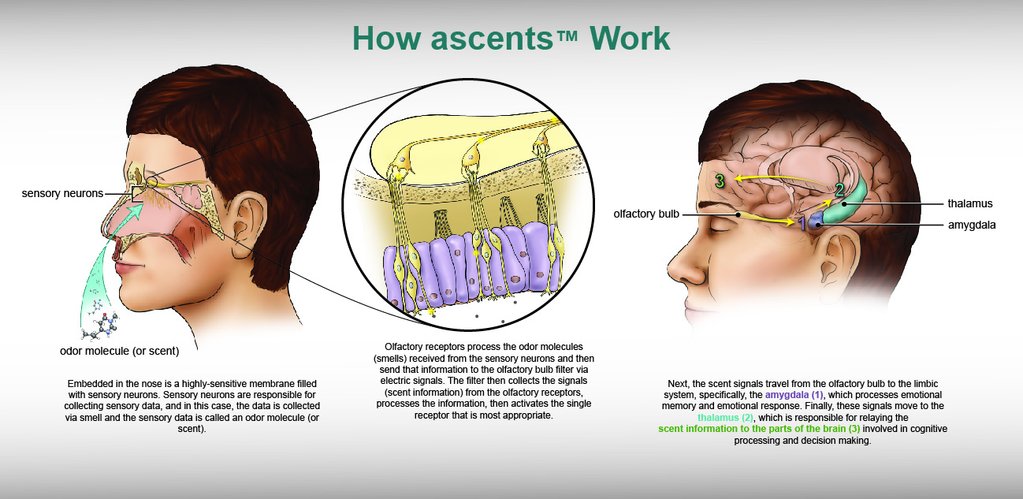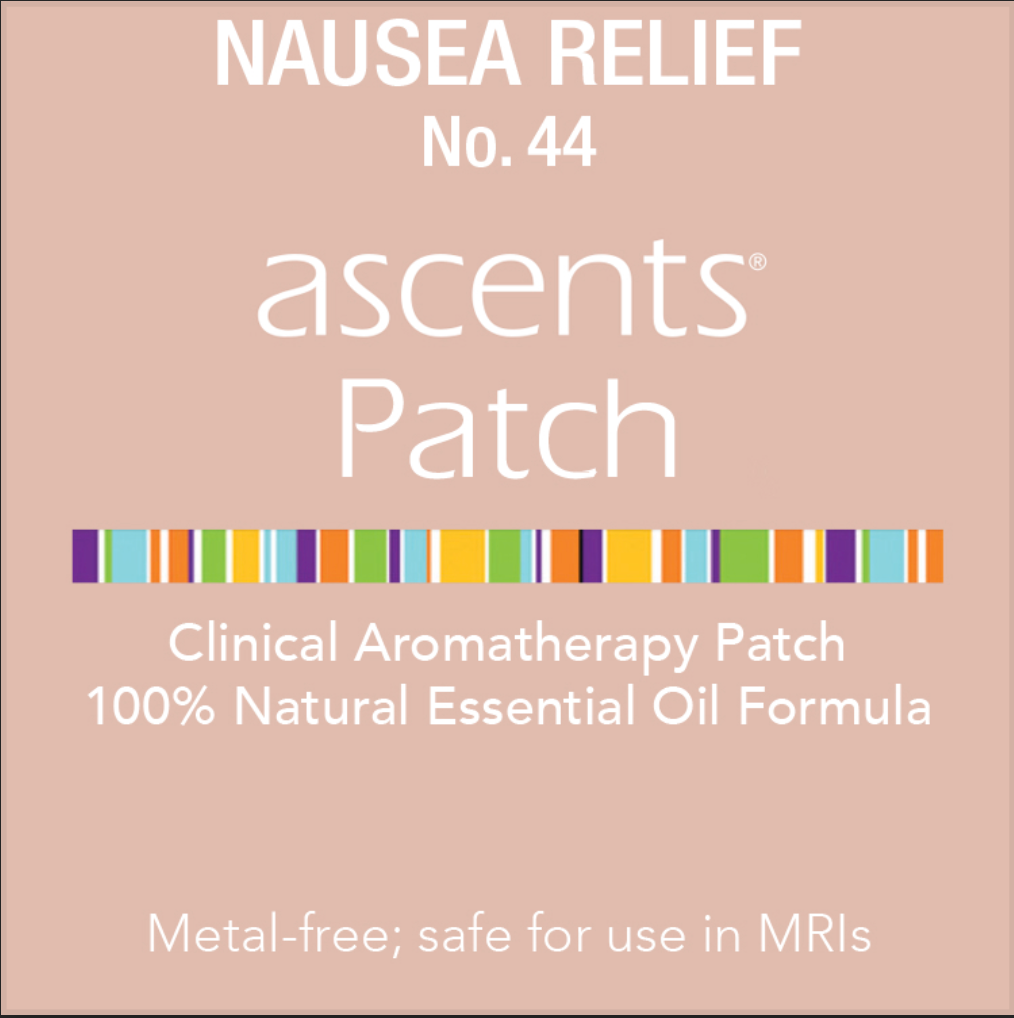
Does Aromatherapy Work?

The short answer is, yes; aromatherapy does work.
The long answer, however, is somewhat more complicated.
In truth, whether various aromas have an effect on human physiology and psychology should never be in doubt. The benefits of aromatherapy have been noted for centuries, if not millennia. If you’ve ever felt nauseated by the smell of trash, or comforted by the scent of fresh-baked cookies, then you’ve experienced its effects first-hand. It would be difficult to find anyone with a fully-functioning olfactory system who hasn’t been impacted by scent in some way.
The above illustrates how closely the physiology and psychology of aromatherapy are tied together to the point of being enmeshed in ways that are nearly impossible to separate. Isolating one over the other would mean not seeing the full picture of how and why the mind and body work together to produce these effects. This is one reason why the scientific community has historically had a difficult time validating the benefits of aromatherapy. Teasing apart the elements that work in concert to create aromatherapy’s beneficial effects is just not that simple.
However, just because something is difficult to study, doesn’t mean it’s impossible; in fact, the number of published clinical aromatherapy studies over the last decade has grown exponentially. For instance, a quick look at the PubMed research database shows that from 1989 through 2009, only 614 studies were published containing the keyword “aromatherapy,” while from 2010-today, there were 798 -- a 130% increase in published studies. Of those 798,499 were published starting in 2015, and 144 of those were released in 2019 alone. In other words, 1/5 of aromatherapy studies completed in the last 10 years were published just last year.
The PubMed data makes it quite clear that interest in the potential health benefits of aromatherapy, especially those benefits that would be of use within healthcare environments, has risen rapidly, and shows no signs of slowing down. While much of the research has been initiated overseas where it has been an accepted form of treatment for certain conditions for many years, aromatherapy research is gaining traction in the United States as well.
Furthering this research is the cornerstone of Aeroscena’s mission. With our commitment to the safety, quality, efficacy and standardization of aromatherapy, we are working to change the conversation around aromatherapy from questions of “Does it work?” to “For what medical uses does aromatherapy work best?” Along with our partner healthcare and educational institutions, we will continue to create and clinically validate essential oil formulas that positively impact human health and wellness, so that the benefits of aromatherapy are able to be experienced by all.



